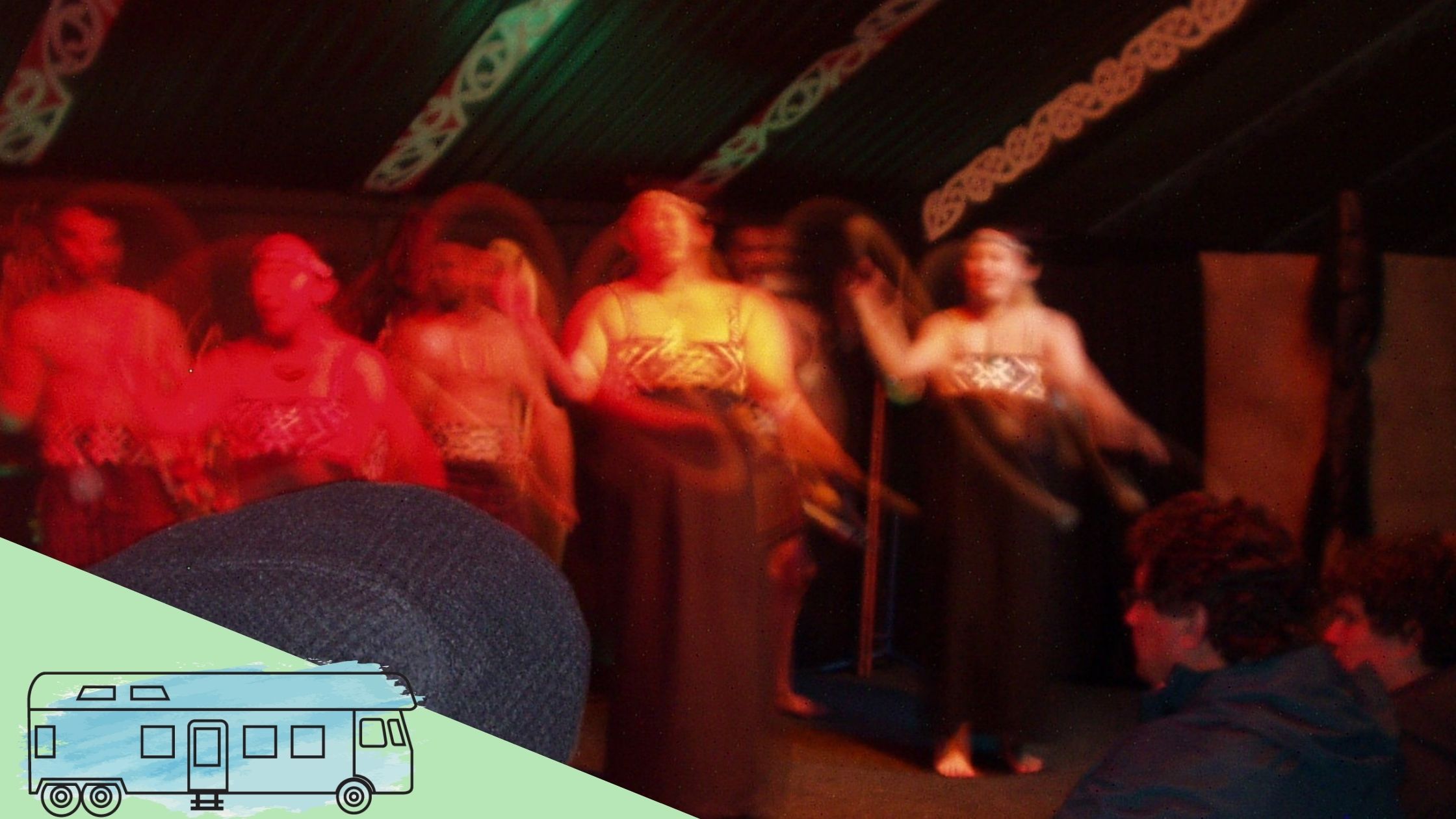When traveling to a country you’ve never been to before, it is highly important to know customs, laws, and traditions so you don’t get yourself into trouble. In New Zealand, for example, tourists may not be so confident about what name to call locals, natives, and just any person who lives in the country for that matter.
So how do you call a person from New Zealand? Is it okay to call them Kiwi? Or is New Zealander a better term? Let’s find out.
What is the name of a native New Zealander?
Native New Zealanders are called the Māori people in reference to the demi-god Māui that according to the mythology created New Zealand. About 1 in every 7 people in New Zealand self-identify as Maori. They arrived on the island sometime in the 1300s on canoes, from the mythical island called Hawaiki. The Maori people are indigenous Polynesians that inhabited the island when the first Europeans arrived in 1642. The Maoris are said to have arrived in New Zealand in a series of canoe voyages from 1320 to 1350. Evidence has suggested that their ancestry originates from the indigenous people of Taiwan. Today, Polynesians inhabit New Zealand, Samoa, Tahiti, Hawaii, and the Easter Islands.
The Maori people make up 15% of the New Zealand population, which is about 700,000 from the country’s population of 5 million. One in every 7 people in the country identifies themselves as Maori. Their culture is a big part of New Zealand’s identity, from their love of nature, their friendliness and hospitality, and their contributions to art and tradition.
When visiting New Zealand, getting to know the Maori people and their traditions is a must. The best way you can do this is by visiting a Marae, which is their tribal meeting ground. Visiting one provides you with opportunities for interaction with the local Maori people, as well as discover their culture and history.
The Maoris are an integral part of New Zealand and to truly immerse yourself in the country’s culture, experiencing Maori arts and traditions is one of the best ways you can understand the overall New Zealand identity.

Is it okay to call someone from New Zealand a Kiwi?
Calling someone from New Zealand a Kiwi is definitely okay. In fact, locals view it as a term of endearment. The New Zealand Government actually openly endorsed the term as a means of identifying as a New Zealander. It has even been trailed in court. However, there are also some people who believe that Kiwi is a derogatory term. The term Kiwi is taken from the name of the Kiwi bird, which is indigenous to New Zealand.
Kiwi is a flightless bird that is native to New Zealand, and in fact, it is the only place in the world where they exist. This means they are unique and rare only to New Zealand. A fruit by the same name also grows in New Zealand – the Kiwifriut, but it was only brought to the country in the ’70s. Known as Chinese gooseberry, the fruit has been called kiwi because of its physical similarities to the tiny bird. The “kiwifruit,” as New Zealanders call it, is round, brown, and furry. However, it is important to note that the term “Kiwi” to signify the people of New Zealand, is derived from the kiwi bird, and not the fruit.
Another important thing to understand is the use of the capital letter “K,” in the kiwi word. “Kiwi,” when capitalized, is used to denote the people of New Zealand, while “kiwi,” which uses the small letter, is used to denote the bird.
Kiwi, therefore, is not an offensive term for the people of New Zealand, but it is regarded as a symbol of pride and endearment. So yes, it’s definitely okay for you to call someone from New Zeland a Kiwi, and you’ll most likely get a smile when you do.
How the people of New Zealand became known as Kiwis
It was during the first World War when people from New Zealand started to be called Kiwis. The kiwi bird has always been highly regarded in the country. In fact, the bird’s feathers were used to make “kahu kiwi,” which is a valuable cloak worn by tribal chiefs.
In the first World War, New Zealand emblems on soldier’s badges were shown with the image of the kiwi bird, and this prompted other nationalities to associate New Zealanders to the rare native bird. Before this time, soldiers and All Black players were called “Enzedeers,” based on the country’s initials of “NZ.”
By the Second World War, soldiers were no longer called “Enzeeders,” and they started to be known as Kiwis, which the people of New Zealand have embraced ever since. While Kiwi is a term used by locals to call themselves, people from different nations are not so confident about using it. Kiwi has never been a derogatory term, and in fact, Kiwis love it because the kiwi bird actually denotes uniqueness, adaptability, and just having the right amount of quirk that makes them fun, just like the people of New Zealand.
What are the pet names for people from New Zealand?
As I mentioned earlier, people from New Zealand were not originally called Kiwi. The most common name for the people who live in the county is “New Zealander,” but since it’s too long and too formal, “Kiwi,” is a causal term known worldwide. It is a colloquial term that is widely accepted and used today.
I also mentioned the term “Enzedeer,” which was used during and before World War I, while the name “Maorilanders,” was also another term used near the end of World War I.
One term that is not really known, and having conflicting attitudes, is the term “Pakeha,” which is from the Maori language. The Maoris use this term to apply to anyone in New Zealand who is not of Maori descent. Pakeha is used to call someone who is of European origins- someone who’s fair-skinned.
Some locals embrace the term wholeheartedly, as it denotes their connection with the Maori people, while some deem Pakeha as an offensive term because it denotes being an outsider. Some locals also believe that Pakeha takes away their birthright to the land of New Zealand, and take it as an insult.
However, there is no other meaning to the term but it is a mere description of a person who is not Maori and is someone who is of European descent.
The people of New Zealand love the outdoors, are a little quirky, and consider themselves unique. Kiwi is not an offensive term at all, and in fact, they love being called such as the bird is highly regarded and they love being associated with the qualities of the flightless bird, as I mentioned.
So yes, go ahead and use the term “Kiwi” for local New Zealanders, who will most likely give you a smile and a “Kia ora,” which is a common greeting that means “hello,” “cheers,” or “be healthy.”
In summery the names are:
- New Zealander: The official catch-all noum
- Kiwi (also Kiwi in plural. Kiwis are the birds): The pet name generally accepted as a friendly and positive term
- Māori: The native people in New Zealand that makes up around 15 % of the population
- Enzedeer (or NZ’er): Term from before World War I. Now seldom used
- Maorilander: Term for World War I. Now seldom used
- Pakeha: The noun for people of non-Maori European descent with possible offensive connotation
Important sources
- newzealand.com/int/maori-culture
- newzealand.com/int/feature/new-zealand-people
- exploringkiwis.com/why-new-zealanders-are-called-kiwis
- gooverseas.com/blog/new-zealand-maori-culture

